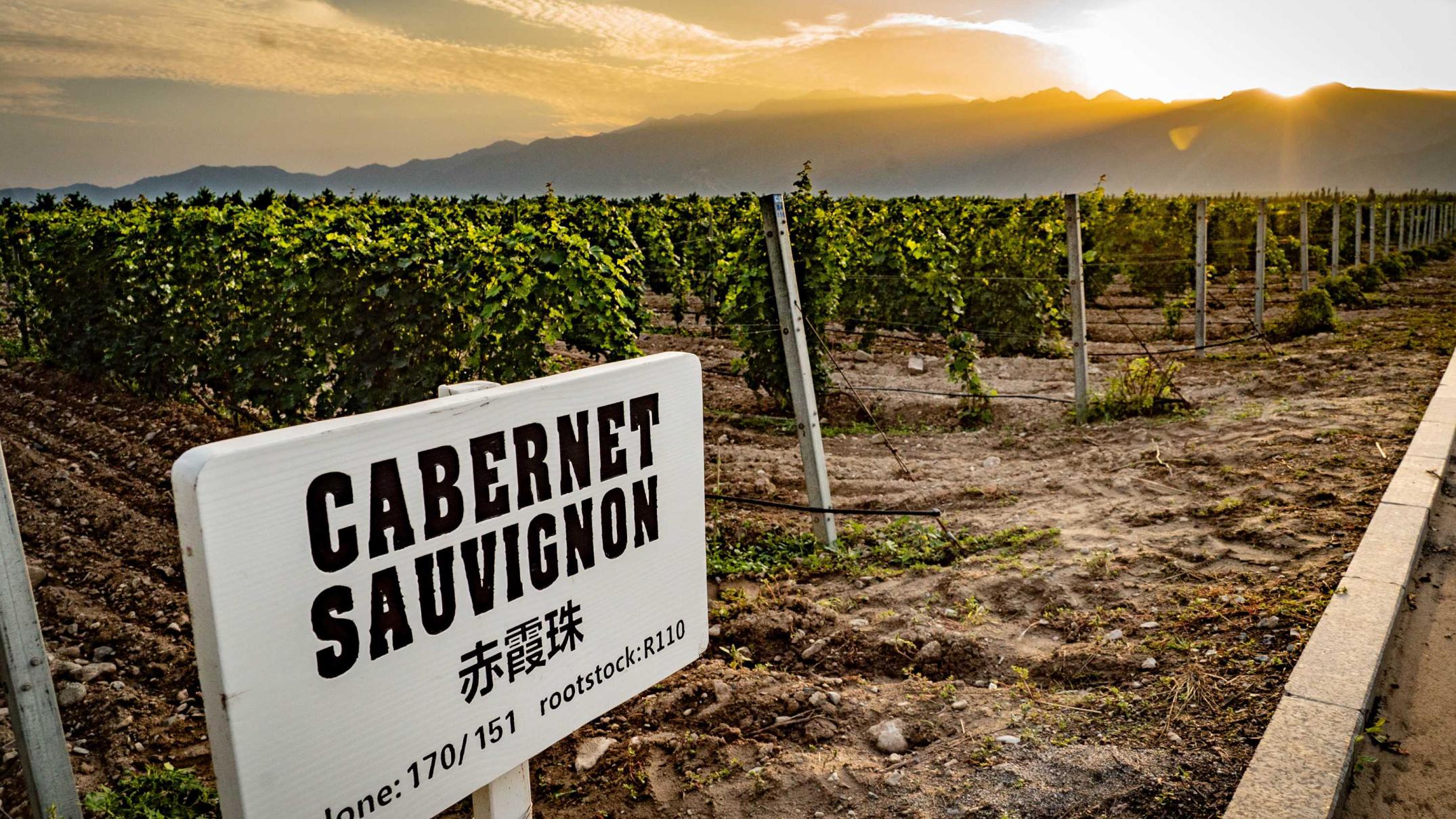The price of red wine is set to plummet as the effects of trade tariffs take hold, with new data from China showing Australian wine imports there down by about 75 per cent since trade tensions began.
Key points:
- Winemakers are being encouraged to return to traditional markets including the UK, US and Germany
- Market analysts predict producers will start to see a falling wine and grape price
- People in the sector don’t hold much hope tariffs will be reduced anytime soon
Tariffs ranging from 107 per cent to more than 200 per cent were introduced late last year after China accused Australia of selling wine at below the cost of production, a suggestion winemakers reject.
The impact was partially captured in Wine Australia’s annual report that showed the value of exports to China falling to $1.15 billion in 2020 — still more than double the second-placed United Kingdom ($456 million).
But with China largely out of the picture, winemakers are being encouraged to return to traditional markets including the UK, United States, Canada and Germany.
“We’ve got to try to re-attack those markets,” Ciatti Australia director and grape broker Matthew Tydeman said.
“But we now have to realise that we’re competing against Chile and Spain and Argentina for the price points, and those price points are a lot cheaper than what we’re seeing in Australia at the moment.”
As a result, he said, producers will start to see a falling wine price and a falling grape price in Australia.
“Reds are going to be long and we will see the price soften, and we are already hearing prices are down from last year,” Mr Tydeman said.
“There seems to be a good demand for white grapes at the moment — chardonnay, sauvignon blanc and pinot gris have been in good demand, and if anything they are short.
Winemakers on edge
Grampians Estate owner Tom Guthrie said growers and winemakers remained on edge about the drop in Chinese trade.
“We export small volumes of wine to China, most wineries do, but the larger wineries have a bigger share,” he said.
“Long-term it’ll have an effect on our bottom line and other markets aren’t easily found, particularly for small wineries.
“I feel sorry for the middle players too; we deal with a young Chinese exporter in Melbourne and their business has come under pressure as well, not just ours.
“All these people along the pipeline are affected by what’s just politics really.”
Little optimism for tariff cut
An investigation China is conducting into the anti-dumping allegations is due to finish by the middle of the year, but winemakers say they do not think much will change.
“Bottled wine has essentially gone to a close; there’s still some bulk wine going in, but it’s very little,” Australian Grape and Wine chief executive Tony Battaglene said.
“The bulk wine is important … it’s a good little earner, but it’s not going to replace the bottled wine, that premium product.”
People in the wine sector do not hold much hope the tariffs will be reduced or removed anytime soon.
“Look, I’m not optimistic about this,” Mr Battaglene said.
“I don’t see any signs of the relationship improving, and from my discussions with the Department of Foreign Affairs and Trade, they’re not seeing any easing of tension either.”




